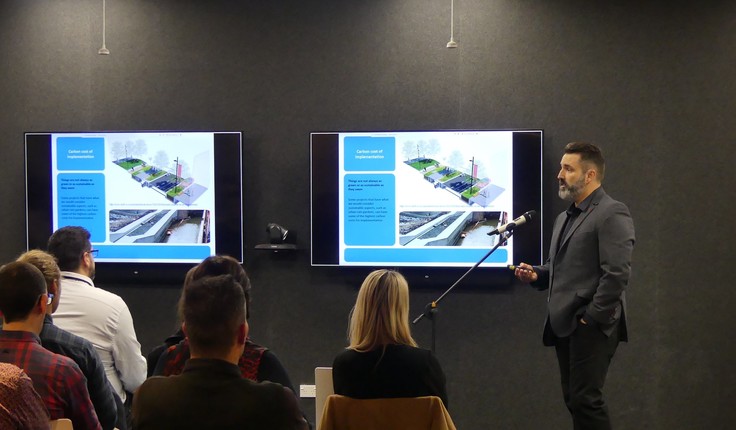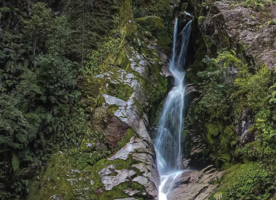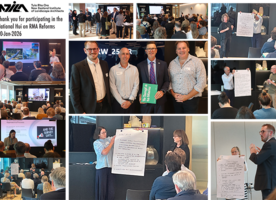News
Meet the man behind the 'Carbon Landscape Collective'
Posted 07 02 2019
in News

Watch Video
Concern over the environmental impact of the landscape architecture profession has led Texas-based Kiwi Landscape Architect Craig Pocock on a long and significant campaign to research and develop the concept of the ‘Carbon Landscape.’
It’s a term he coined back in 2006 and covers issues such as the potential carbon cost of urban and landscape design, implementation, management and the disproportionately high carbon cost of urban renewal of public spaces.
In the past decade he has been developing and presenting the idea in Kuala Lumpur, Rio, Montreal, Melbourne, Austin and Wellington to the design and material industry and government organisations. The carbon landscape has had significant international uptake and has since been published internationally in multiple languages and is required reading and course work in Universities in both the United States and New Zealand.
The research has won a range of awards including the NZILA Sustainability Award of Excellence in 2013. In 2015, Craig was awarded the honour of NZILA fellow for his work on the carbon landscape and for its contribution to the industry. In 2016 he was placed on the IFLA advisory panel to advise on the impact of landscape architecture on climate change.
Last year Craig was back in New Zealand delivering his Carbon Landscape Roadshow. You can see the video of his presentation here.
He also took the time to answer some of our questions recently.
LAA - What is the carbon landscape?
CP - It is a term I coined in 2006 while writing a paper on the subject which I then presented at the IFLA World Congress in Malaysia in 2007. The term and explanation of the carbon landscape concept was then first published by the international design journal Topos in 2007 with an article of the same name. The IFLA presentation made quite an impact and as far as I know it is still the only IFLA presentation to have been presented twice in the same day at a IFLA World Congress due to the interest it generated. Before I got home from Malaysia the weekly magazine The Listener had picked up on this success, interviewed me and published an article called a “A Lion in the Meadow” that talks of the carbon landscape and my research. This had two impacts, it introduced the idea to the public and woke up the design and material industry who were fast to respond to the idea via letters to the editor and to the NZILA. It took that as a good sign that the dialog was underway. The New Zealand industry was not the only one to have reservations on the carbon landscape idea, the American Society of Landscape Architects also commented about their concerns on the ASLA website page “The Dirt” as soon as the first Topos article was published in 2007.
In 2006 I felt I needed a term to identify the relationship between landscape architecture and the surprising negative carbon impact of design, implementation and management of public spaces and landscapes. When I started to look into the carbon issue it was not typically a design consideration for landscape architects. At the time they tended to be more focused on low impact stormwater design which made sense considering the high profile urban space Waitangi Park, in Wellington had just been completed.
Climate change mitigation within the design industry was not much of a topic of debate at the time and I wanted to illustrate the issue with what started out as a simple study of the carbon debt of my own professional projects over a 14 year period.
That first study has since has turned to into more than a decade of research that has been published and presented internationally. I am proud that the carbon landscape concept which has significant international recognition comes from New Zealand design DNA.
12 Feb
NZILA lodges submission on Planning Bill and Natural Environment Bill

There’s still time to have your say
Tuia Pito Ora New Zealand Institute of Landscape Architects has lodged its formal submission on the Planning Bill and Natural …
09 Feb
Weekly international landscape, climate and urban design update

Monday 9 February
This is your weekly international snapshot of what’s happening across landscape architecture, climate adaptation and urban design. Drawing on credible …
02 Feb
RMA Reform submission update

Call for feedback and images
Submission framework The Environmental Legislation Working Group thanks all members who made the effort to join us at the national …
Events calendar
Full 2026 calendar